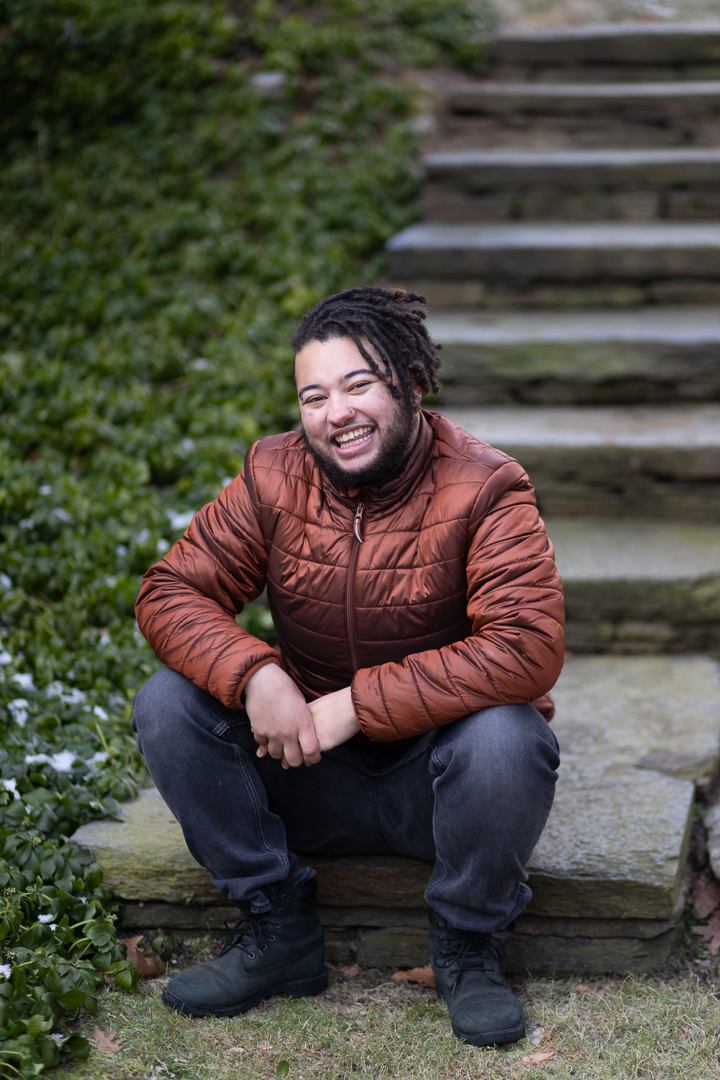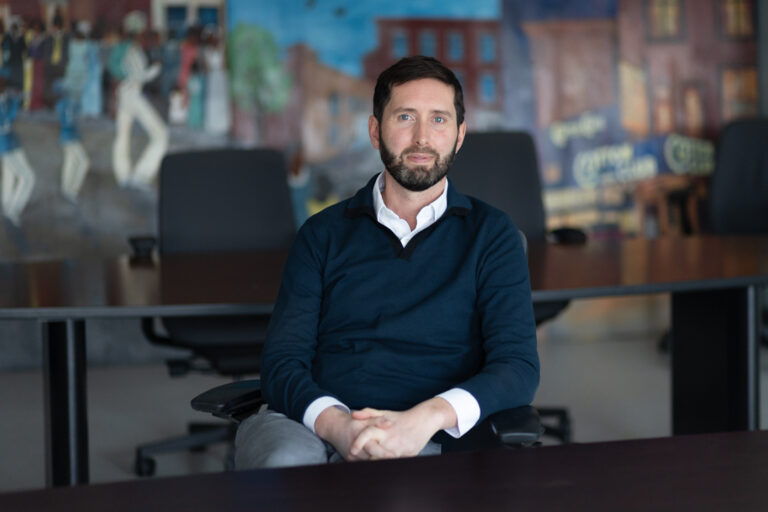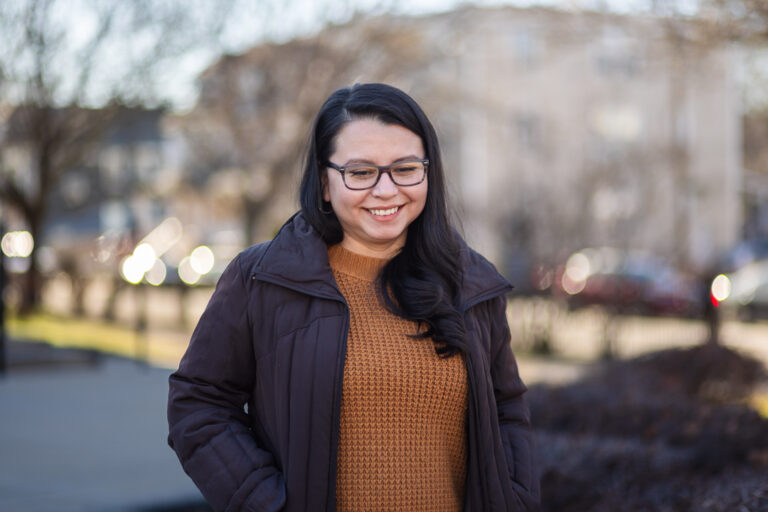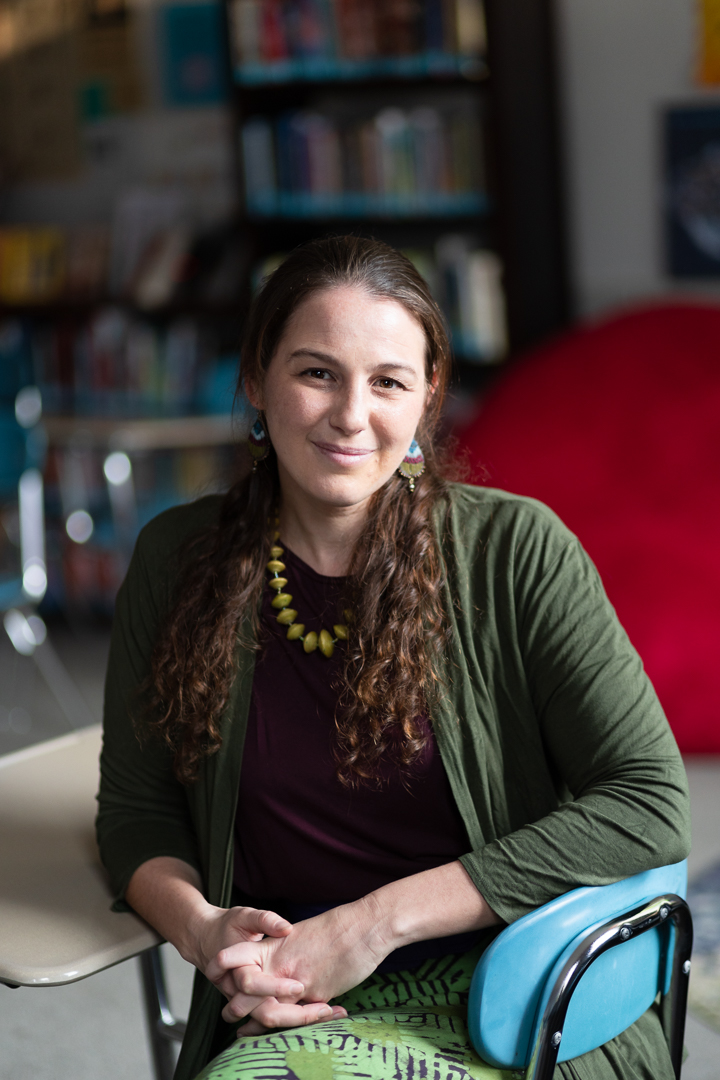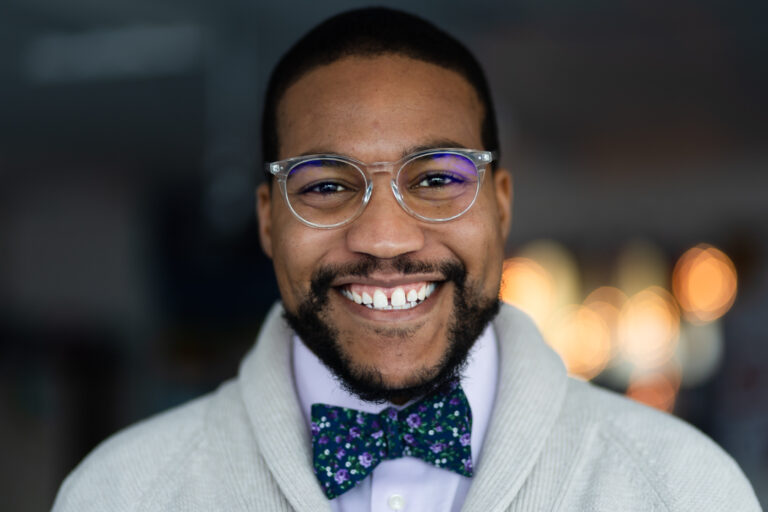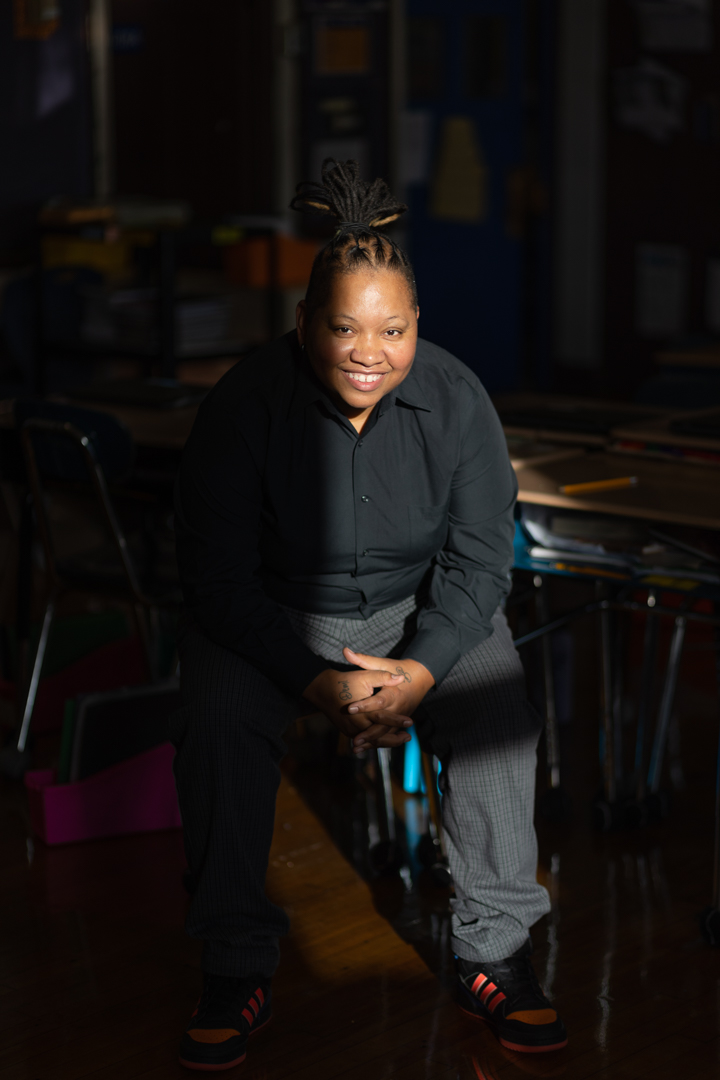Read and watch interviews with teachers in Massachusetts.
These Teachers in Their Power blog posts all feature Massachusetts teachers.
I grew up in Wisconsin with nine younger cousins and two younger siblings. I was constantly asked to babysit them, from the time I was nine years old all the way until I left for college. At the time, I…
I was in high school at the height of the AIDS crisis. And as a 13- and 14-year-old, I would sneak away into the city to meet up with this group of people, mostly gay men and Black women, who…
My family is from a small village in Guanajuato, Mexico. My dad had been coming to the United States since he was 15 to provide for his family. My mom was hesitant to leave her family and friends, but she…
I've been told, “this student can't read” or “they're a non-reader.” But in my class, in my play, they've learned their lines. So I believe strongly: the arts enhance every part of education.
Students have so many things that they have to do, both academically and non-academically, and I think it gets very easy for adults, whether they work in classrooms or not, to not have empathy for what students are going through developmentally, emotionally, academically.
I have the honor and joy of teaching U.S. history and civics to recent immigrant and refugee students. My students come from more than 30 countries: from Colombia, to the Democratic Republic of the Congo, to Cambodia. Most of my students have been in the U.S. for less than five years.
I wanted to work at the Boston Federal Reserve and go to the London School of Economics. But I graduated in 2009, and there were no jobs available, due to the housing crisis and Great Recession. So I started working at a local public charter school.
I was working at The Bridge Home at St. Mary's Women and Children's Center. It’s a shelter for infants to 12-year-olds. If the Department of Child and Family Services pulled a kid from their home, we housed and counseled them.
